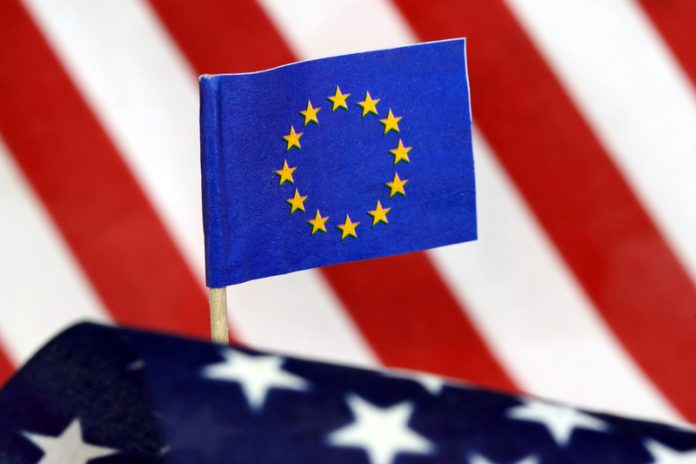A recent event hosted by the German Center for Research and Innovation in New York highlighted Horizon 2020 opportunities for researchers in the US
With nearly €80 billion in funding available, Horizon 2020 is the European Commission’s largest research and innovation initiative to date. One of the key aims of the funding framework is to promote public and private sector collaboration on a vast array of research projects in order to find solutions to some of the most pressing challenges we face today.
In New York last week, policy experts and researchers gathered at the German Center for Research and Innovation (GCRI) to share information about Horizon 2020 opportunities and the framework’s three overarching priorities, or pillars: Excellent science, industrial leadership, and solutions to global challenges.
Horizon 2020 is open to participants from anywhere in the world, recognising the growing importance of the global knowledge economy. On 25 January, panellists from both sides of the Atlantic met at GCRI to learn about the different types of international cooperation that the framework programme supports. Presentations covered the main elements of Horizon 2020, including content, types of activities funded, forms of participation, and application procedures.
Horizon 2020 opportunities set out by experts
Dr Mary Kavanagh, Minister-Counselor for Research and Innovation at the EU Delegation to the US in Washington, DC, gave an overview of the funding programme. Her main role is to facilitate scientific cooperation between the EU and the US at both government-agency and stakeholder levels.
She was joined by Dr Joann Halpern, Director of the GCRI, who introduced the work of the Center and highlighted various opportunities to conduct Horizon 2020 funded research in Germany.
Dr Brian R Gibney, Jacques Edward Levy Professor of Chemistry at Brooklyn College and Executive Officer of the Chemistry PhD Program at the City University of New York, spoke about his experience as a research partner in the EU-funded PEPDIODE project.
Dr Gibney’s research focuses on the design and construction of novel metalloproteins relevant to human cancer and cardiovascular disease. In the FP7 PEPDIODE project, led by Professor Frank Breitling at Karlsruhe Institute of Technology, he focused on developing synthetic proteins for solar energy applications.











